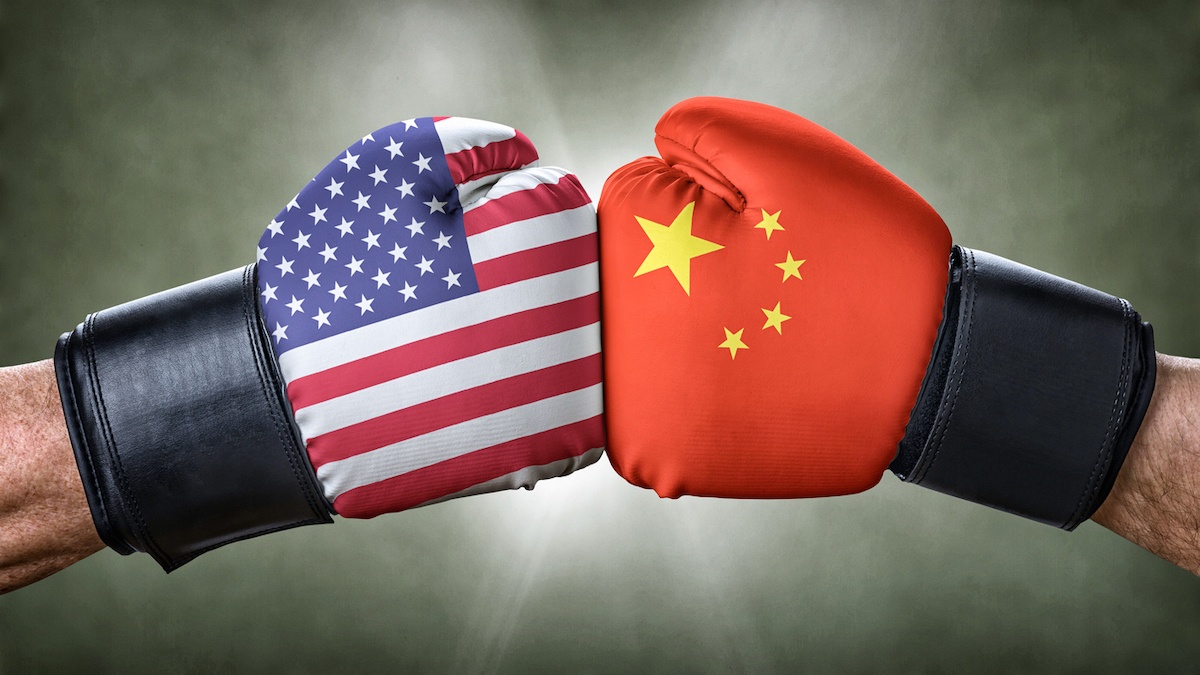China’s securities regulator refuted claims made in the media on Monday that Beijing intended to group Chinese companies with U.S. listings according to how sensitive the data they store is, as an effort to prevent American authorities from delisting hundreds of companies.
The Financial Times reported Saturday, citing people with an understanding of the incident, that the three-tier structure intends to bring Chinese corporations into conformity with U.S. regulations that would compel public corporates to permit regulators to inspect their audit files.
The China Securities Regulatory Commission (CSRC) hasn’t looked at a three-tier classification of firms. According to a source, regardless of whether a company is listed domestically or abroad, it must abide by all applicable national data information management laws, rules, and regulations.
Washington has long requested full access to the financial records of Chinese companies listed on the American stock exchanges, but Beijing prohibits foreign review of working papers from domestic accounting firms, citing national security concerns.
The Holding Foreign Companies Accountable Act (HFCAA), which was passed late last year, designated over 270 Chinese companies listed in New York as being at risk of delisting.
Although the U.S. Congress is considering bipartisan legislation that might shorten the timeframe to 2023, the rule provides Chinese corporations till early 2024 to conform to auditing standards.
China asserted that an agreement to resolve the audit dispute is committed by both parties.
On the prospects, though, the American side was more cautious.
According to media reports, Gary Gensier, representing the Securities & Exchange Commission, stated earlier this month that he was not particularly confident that a settlement could be reached.
Early in April, China proposed dropping the requirement that on-site inspection of Chinese companies listed abroad be carried out primarily by Chinese regulators in an effort to settle a disagreement over cross-border audit inspections.
Ahead of the vitally critical 20th Party Congress late in 2022, the Shanghai Stock Exchange (SSE) promised over the weekend to ensure market stability, stating that it will resolutely avert large and abrupt fluctuations in capital markets.
The SSE revealed via a statement on its website on Sunday that the bourse will actively support efforts to contain the virus and the return to work as well as regulate and influence market expectations in a good direction.
The statement was released after the SSE had an internal meeting last week. It said that the SSE should thoroughly recognise the great political relevance of the 20th Party Congress, and efficiently preserve the stability of the capital market.
A third term as the head of the Communist Party, which only occurs once every five years, is expected to be secured by Chinese President Xi Jinping at the congress later this year.
The SSE added that it would take the political lead in preventing and addressing financial concerns and that it would make thorough measures to deepen revisions of the pre-public offering process.
The Shanghai Composite Index (.SSEC) has recovered approximately 14% from its yearly low, which was on April 27, although it is still down about 10% for the year as a whole.
Chinese involvement in offshore gas projects was reported to have been $6.7 billion in the beginning half of this year, down from $9.5 billion for the entire previous year, it claimed.
Transactions involving hydropower and renewable energy decreased by 22% over the previous year. Investment increased to $1.4 billion from $400 million, but spending on buildings connected to green energy decreased to $1.6 billion, less than 50% of the amount from the previous year.






















